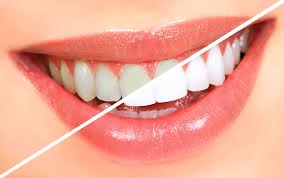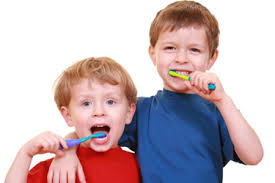 To fill a gap would be the main reason for a dental implant. While this is true there are other reasons for implant placement. A missing tooth can have an enormous impact on your life – both medical and psychologically. Whether you start feeling self-conscious about your teeth and start to miss your favourite foods which become uncomfortable to eat, or you begin experiencing physical effects like muscle strains and headaches, it can be surprising how big a difference missing one small tooth can make.
To fill a gap would be the main reason for a dental implant. While this is true there are other reasons for implant placement. A missing tooth can have an enormous impact on your life – both medical and psychologically. Whether you start feeling self-conscious about your teeth and start to miss your favourite foods which become uncomfortable to eat, or you begin experiencing physical effects like muscle strains and headaches, it can be surprising how big a difference missing one small tooth can make.
How much tooth loss impacts on your dental health really depends on your existing oral health, and how much of a tooth has actually been lost. If you have just lost a crown, which is the most visible part of your tooth, then it’s possible to repair or replace this much more easily.
However, if you have lost your entire tooth, including its root, then the effect is more severe. Your teeth’s roots effectively anchor it in place in your jawbone, providing stability and strength, and full root loss can cause bone to recede over time. This can cause any remaining teeth to shift or potentially be lost as well. A dentist will always try and save your natural teeth, but if this is not possible an implant is the perfect replacement.
If you would like further information about implants- visit our Dental Implant treatment page.

 After all, fruit is natural and good for you, so surely it’s better to give a child a glass of orange juice than a glass of cola?
After all, fruit is natural and good for you, so surely it’s better to give a child a glass of orange juice than a glass of cola? teeth or you just want to look your best, teeth whitening is a quick and effective way to brighten your smile and gain increased confidence in your appearance. More and more people are trying to save money by trying to bleach their teeth at home. But is this practice completely safe? While there are a number of over-the-counter methods available, you should consider consulting with an experienced dental professional here at Hyslop Dental if you are considering whitening your teeth.
teeth or you just want to look your best, teeth whitening is a quick and effective way to brighten your smile and gain increased confidence in your appearance. More and more people are trying to save money by trying to bleach their teeth at home. But is this practice completely safe? While there are a number of over-the-counter methods available, you should consider consulting with an experienced dental professional here at Hyslop Dental if you are considering whitening your teeth.